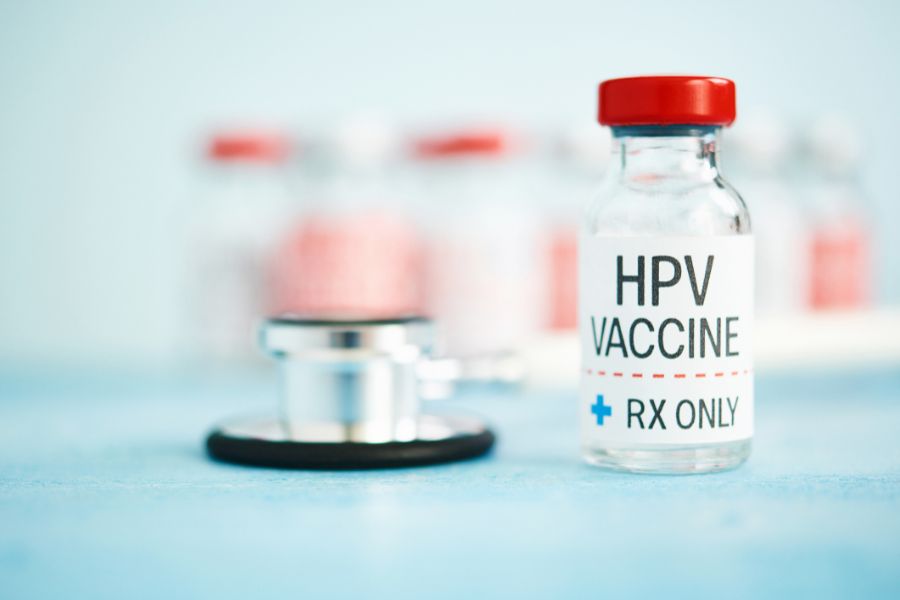
Over-the-Counter Drugs and Home Remedies To Treat Common Illnesses
.jpg)
Minho Lee | Dec 07, 2023 Health
Navigating a minor illness in the US can feel like a maze, especially for international students. Healthcare costs appear large, adding another layer of anxiety to already worrying symptoms like coughs, fevers, or the ever-present fear of COVID-19 or the flu. As the average cost of a doctor’s visit is typically between $300 and $600, it’s crucial to explore cost-effective alternatives.
While these illnesses can be inconvenient, especially during demanding academic periods, they can often be managed effectively at home without incurring hefty medical expenses. While these illnesses are often manageable at home, listening to your body is key. If something feels off or symptoms worsen, don't wait to seek professional healthcare.
Preventive Measures: Your First Line of Defense
Prevention is always better than cure. Here are some steps you can take to minimize the risk of falling ill:
- Maintain a healthy lifestyle: This includes regular exercise, a balanced diet, adequate sleep, and effective stress management techniques.
- Stay hydrated: Drink plenty of water throughout the day to keep your body functioning optimally.
- Practice good hygiene: Wash your hands frequently, especially before eating and after using the restroom.
- Get vaccinated: Keep up to date with recommended vaccinations, including the COVID-19 and flu vaccines, to protect yourself from preventable diseases.
Self-Care Strategies for Minor Illnesses
When minor illnesses strike, self-care is often the most effective and cost-efficient approach. Here are some home remedies to alleviate common symptoms:
Sore Throat:
- Gargling with warm salt water can soothe a sore throat and reduce inflammation.
- Honey, known for its antibacterial properties, can be added to warm lemon water to provide relief.
Nasal Congestion:
- A warm steamy shower or using a humidifier can help loosen mucus and clear congestion.
- Nasal saline sprays can effectively irrigate the nasal passages, removing irritants and promoting healing.
Upset Stomach:
- Ginger, a natural digestive aid, can be consumed in the form of ginger ale, ginger tea, or ginger capsules.
- Peppermint has antispasmodic properties that can help calm an upset stomach. Try peppermint tea or peppermint hard candies.
COVID-19:
- Rest and hydration: Resting is essential to allow your body to recover. Drink plenty of fluids to stay hydrated and prevent dehydration.
- Over-the-counter medications: Acetaminophen or ibuprofen can help reduce fever and muscle aches.
- Monitor symptoms: If symptoms worsen or persist, seek medical attention.
Flu
- Rest and hydration: Just like with COVID-19, rest and hydration are crucial for recovery.
- Over-the-counter medications: Acetaminophen or ibuprofen can help reduce fever and muscle aches.
- Monitor symptoms: If symptoms worsen or persist, seek medical attention.
Over-The-Counter Medications
When home remedies aren't enough, Over-The-Counter (OTC) medications can provide targeted relief for specific symptoms. Here's a quick guide to OTC medications:
Runny Nose/Congestion/Allergies:
- Decongestants (Sudafed, Benylin, Claritin) reduce swelling in the nasal passages, easing congestion and mucus production.
- Antihistamines (Allegra, Benadryl, Zyrtec) block histamines, alleviating allergy symptoms like sneezing, itching, and runny nose.
Fever/Sore Throat/Body Aches
- Acetaminophen (Tylenol, Panadol) reduces fever and mild to moderate pain.
- Ibuprofen (Advil, Motrin) reduces inflammation and mild to moderate pain.
- Aspirin (Bayer, Aspirtab, Ecotrin) relieves fever, pain, and inflammation.
Chronic Cough:
- Antitussives (Robitussin, Delsym, Dexalone) suppress the urge to cough by acting on brain receptors.
- Expectorants (Mucinex, Robitussin Chest Congestion) thin mucus, making it easier to cough up.
Stomach Issues:
- Upset stomach: Mylanta, Tums, Pepto Bismol
- Heartburn: Pepcid, Nexium
- Diarrhea: Imodium, Kaopectate
- Nausea: Dramamine
When to Seek Medical Attention
While self-care is often sufficient for minor illnesses, there are situations when seeking medical attention is crucial. Consult a doctor if:
- Symptoms worsen or persist for several days.
- Fever exceeds 101.3°F (38.5°C) for more than three days.
- You experience shortness of breath or chest pain.
- Sore throat, headache, or sinus pain is severe.
- You have difficulty swallowing.
- Cough persists for weeks.
In such cases, visiting your school's student health center or a primary care physician is advisable. For life-threatening symptoms, proceed to the emergency room immediately.
If you’re looking for an insurance which will keep you covered in the event you need to see a doctor, feel free to look into our plans with ISO Student Health Insurance
About ISO Student Health Insurance
Founded in 1958, ISO prides itself on being the leader in providing international students with affordable insurance plans. Administered by former and current international students, we are able to assist our member with multilingual customer service in Chinese, Hindi, Spanish, and more. ISO serves over 3,200 schools/colleges and more than 150,000 insured students every year.
For more information, please visit www.isoa.org and connect with us on Facebook, Instagram, WeChat, WhatsApp, and LinkedIn.









